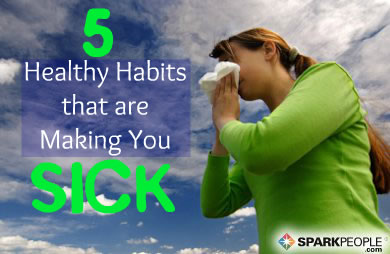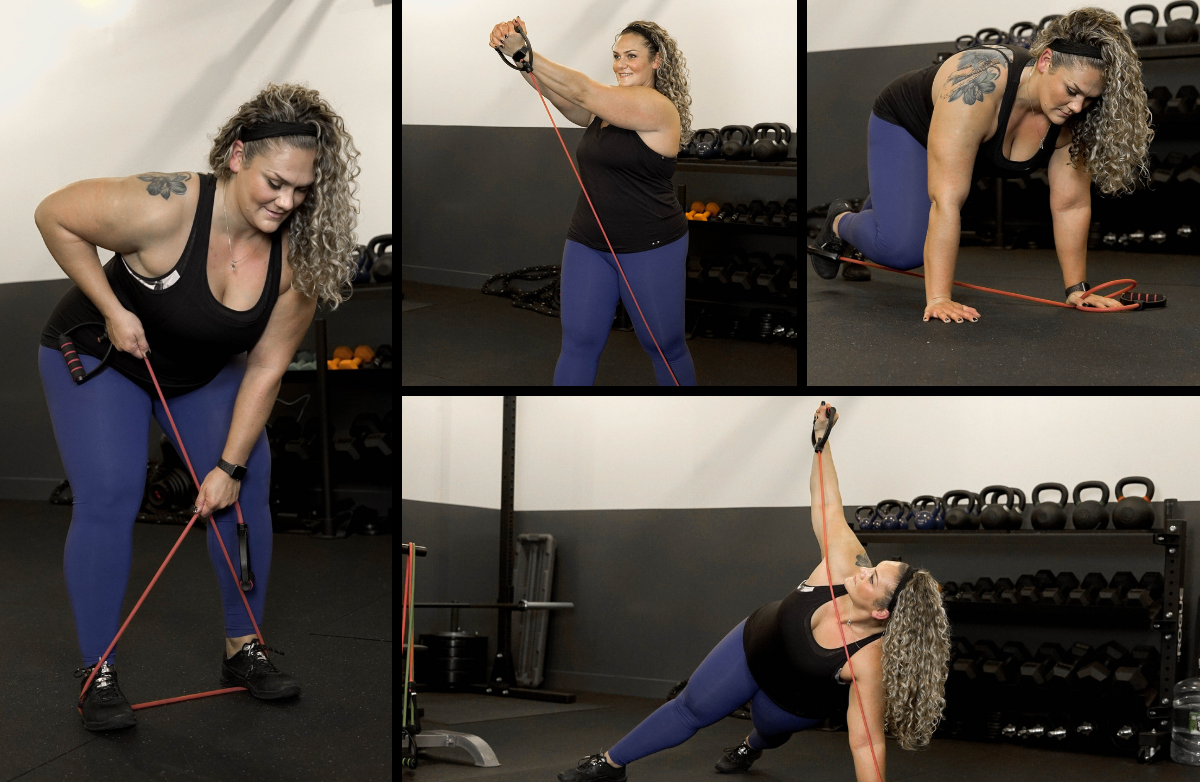|
An estimated 23.5 million Americans (including 6.5 million children) live in areas where it is difficult to find healthy, affordable foods. Commonly referred to as "food deserts", residents might have to drive 10 miles or more to find stores with items they can afford. Even then, these stores might not carry important items like fruits and vegetables. Now a new program between major retailers and the Partnership for a Healthier America (started by Michelle Obama) aims to give these areas better access to foods that are a key part of a healthy diet. This program is part of the ongoing effort to reduce childhood obesity, by targeting areas where access seems to be a barrier to a healthy diet. Many people in these areas turn to restaurants and convenience stores to get food for their families. "The Department of Agriculture defines “food deserts” as low-income areas where more than 500 people or 33 percent of the population lives more than one mile from an affordable food store. In rural towns, the distance is 10 miles." Wal-Mart is one store that has committed to help by stocking 1,000 of its locations with foods (like fruits and vegetables) that they typically wouldn't carry. SuperValu is another store that has committed to opening 250 new Save-A-Lot stores in these areas over the next 5 years. Participating stores would receive financial assistance from the federal government for their involvement. I think programs like this are a good first step in battling obesity. If people don't have access to healthy foods, how can they be expected to make positive changes in their diets? But it definitely can't end there. As I talked about in one of my blogs last week, easy access doesn't always equal better choices. People need to be educated about how and why to incorporate healthy foods in their diets, and what kinds of alternatives they have if they can't afford/don't have access to things like fresh produce. This could mean exploring options like canned fruits and vegetables, or even starting their own gardens. You can provide all of the options in the world, but if people don't understand the value of a healthy diet, those options aren't going to make much of an impact. What do you think? Do you think programs like this are a good first step for those with limited access to healthy foods? |
Popular Entries
More From SparkPeople
|





.jpg)









